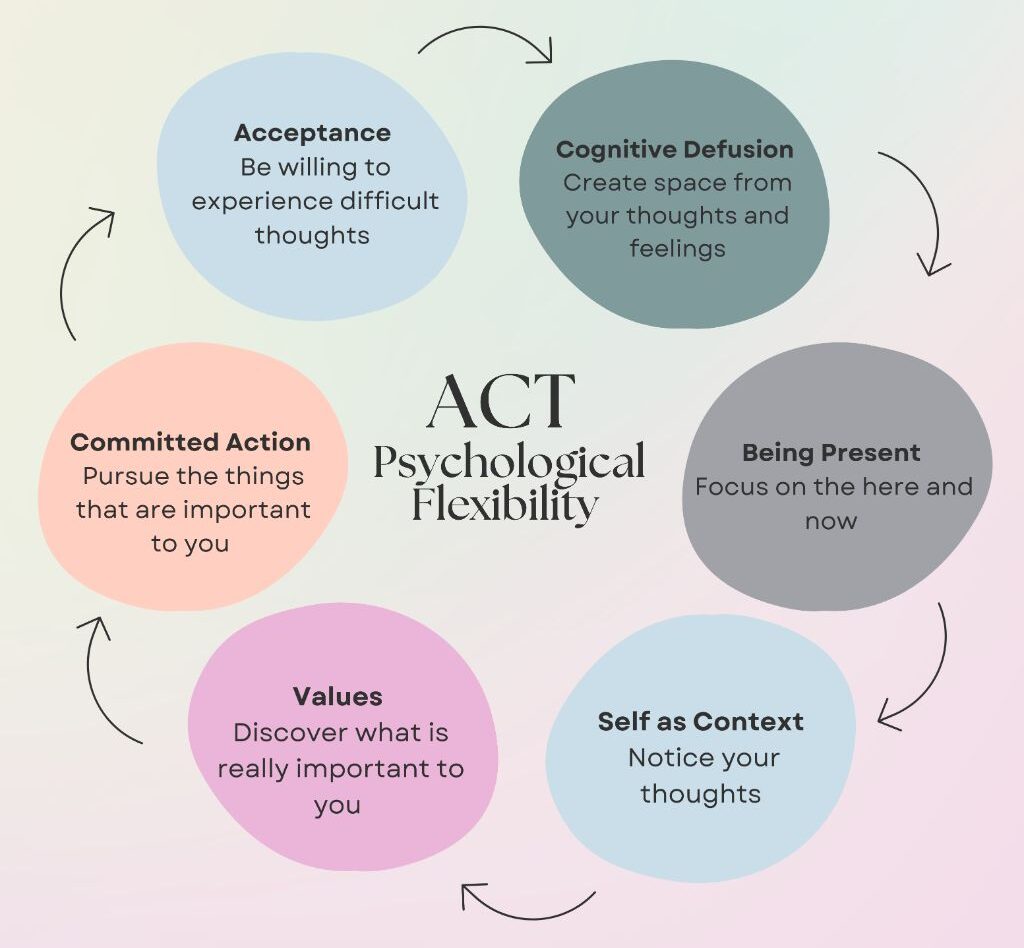



Play Therapy is a structured approach to therapy that uses play as a medium for helping children express their thoughts, feelings, and experiences. It is particularly effective for children because play is a natural mode of communication for them, allowing them to express what they may not be able to articulate verbally. Play therapy is often used to address issues such as anxiety, depression, trauma, ADHD, grief, family conflict, and behavioral challenges. It can also support children coping with life changes, such as divorce or relocation. Although primarily used for children aged 3 to 12, play therapy can also be adapted for teenagers and adults in some contexts. The therapist’s role is to observe, interpret, and guide the process to promote healing and growth.
Executive Functioning Therapy is a therapeutic approach designed to improve the cognitive processes that enable individuals to plan, organize, manage time, regulate emotions, and achieve goals. These skills are critical for managing daily tasks, problem-solving, and adapting to challenges. This type of therapy is often used with children, adolescents, and adults who struggle with executive function challenges, which are commonly associated with conditions like ADHD, autism spectrum disorder, traumatic brain injury, or learning disabilities.
Executive functioning therapy is useful for individuals who experience difficulty managing tasks and responsibilities in school, work, or daily life.
Areas that be will addressed:
Planning and Organization: Breaking down tasks into manageable steps and structuring activities effectively.
Time Management: Estimating time needed for tasks, setting deadlines, and prioritizing activities.
Working Memory: Holding and manipulating information in mind while performing tasks.
Emotional Regulation: Managing emotional responses to stress, frustration, or unexpected events.
Impulse Control: Pausing and thinking before acting or speaking.
Cognitive Flexibility: Shifting focus or adapting to changes and new information.


Acceptance and Commitment Therapy is a type of psychotherapy that focuses on helping individuals develop psychological flexibility by embracing their thoughts and emotions rather than fighting or feeling overwhelmed by them. It is rooted in behavioral science and combines mindfulness practices with behavior-change strategies to promote well-being. Rather than focusing on symptom reduction, ACT emphasizes creating a life aligned with one’s values, accepting that discomfort and challenges are natural parts of the process. This approach contrasts with therapies that aim to eliminate negative thoughts or feelings, instead fostering a new relationship with them.